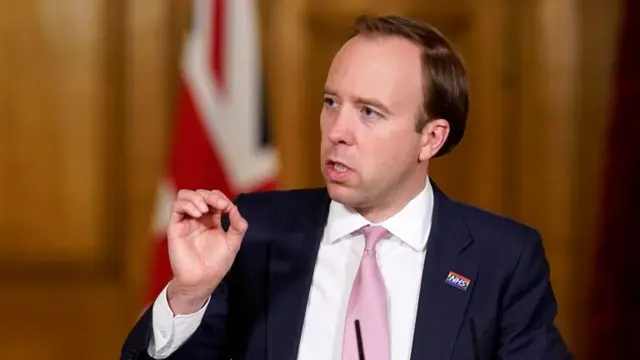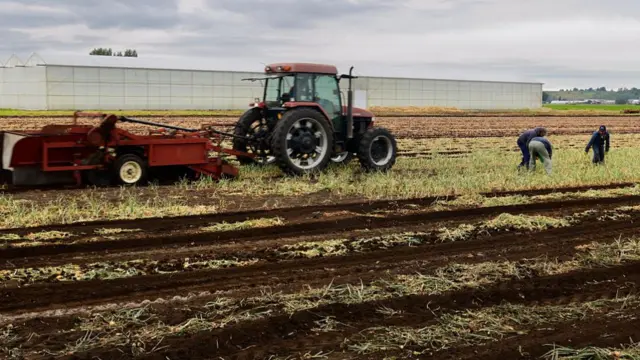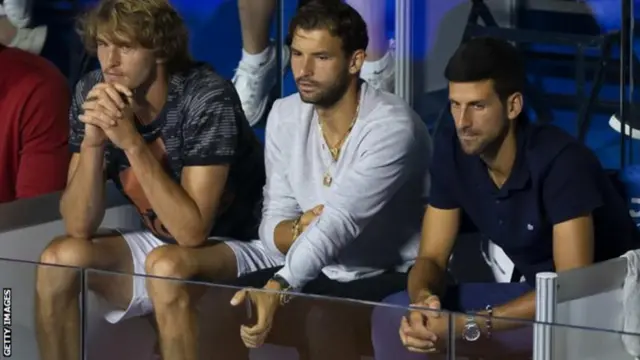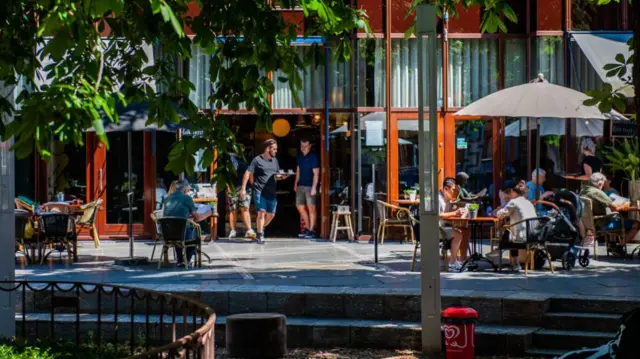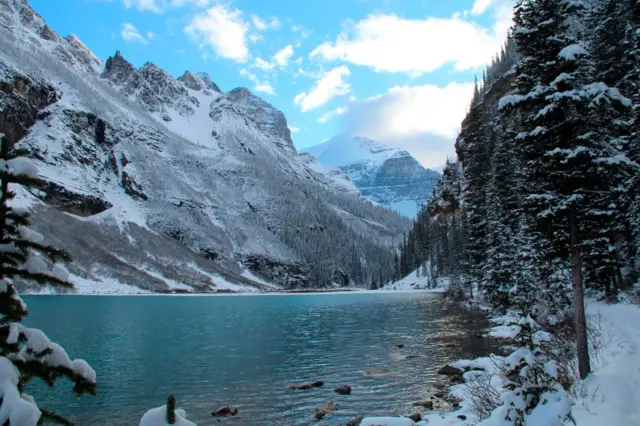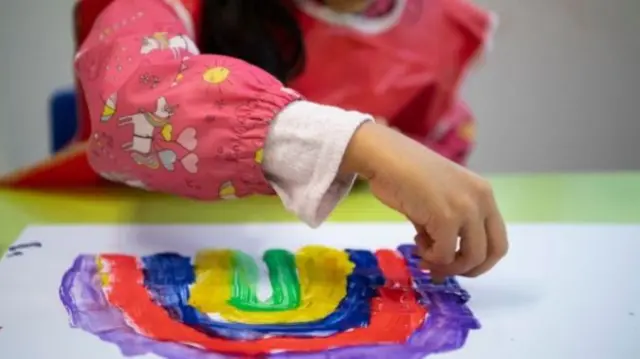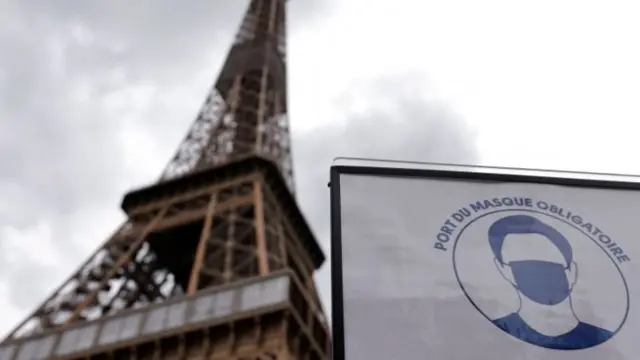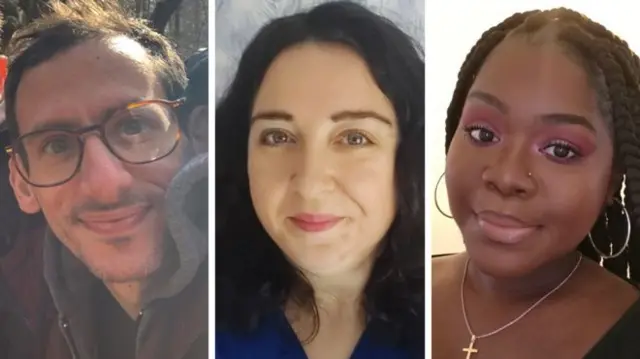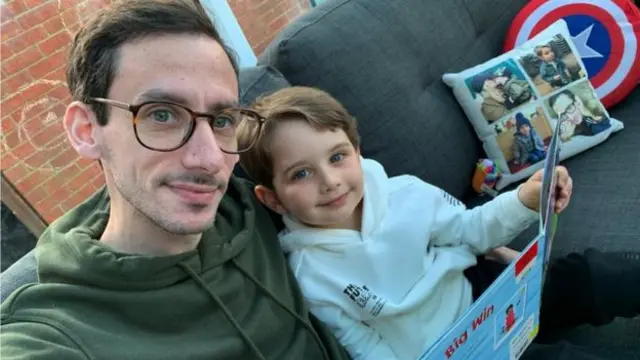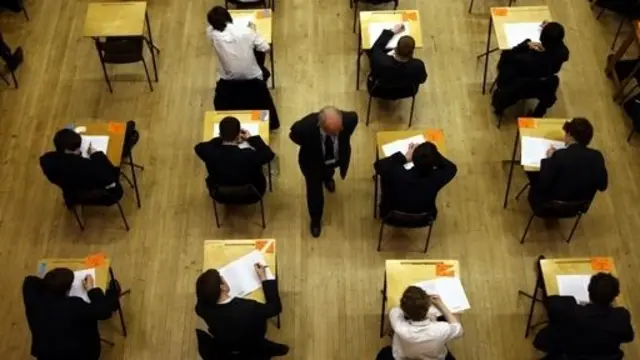We're pausing our live coveragepublished at 20:55 BST 22 June 2020
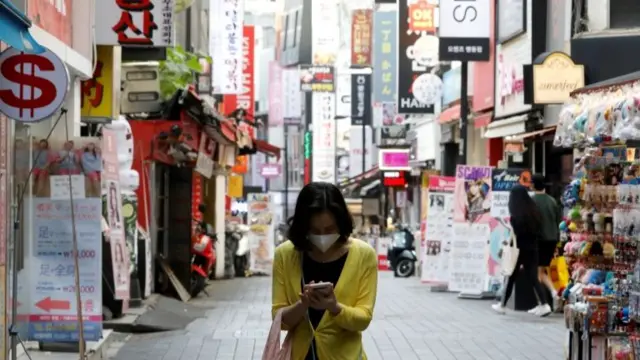 Image source, Reuters
Image source, ReutersWe're bringing our rolling coverage of the pandemic to a close until tomorrow morning. Thank you for joining us.
It's been a busy day. To recap, here are some of the top headlines.
- The World Health Organization (WHO) recorded the highest daily increase in total cases - 183,000 added in 24 hours
- Most of these cases came from Brazil, followed by the US and India
- WHO head Tedros Adhanom Ghebreyesus said a lack of global solidarity and leadership was an even greater threat than the virus itself
- Officials in South Korea said the country was going through a "second wave" of infections, although new cases are falling
- France has now reopened its cinemas, swimming pools and holiday centres. At the same time, all pupils up to the age of 15 have gone back to school
- The number of total confirmed cases worldwide has now exceeded nine million, according to the count kept by the US-based Johns Hopkins University
Today's live page reporters were: Vicky Baker, Henri Astier, Alexandra Fouche, Ashitha Nagesh, Hamish Mackay, Mary O’Connor, Max Matza, Emma Harrison and Gavin Stamp. The editors were Thomas Poole and Rob Corp.
